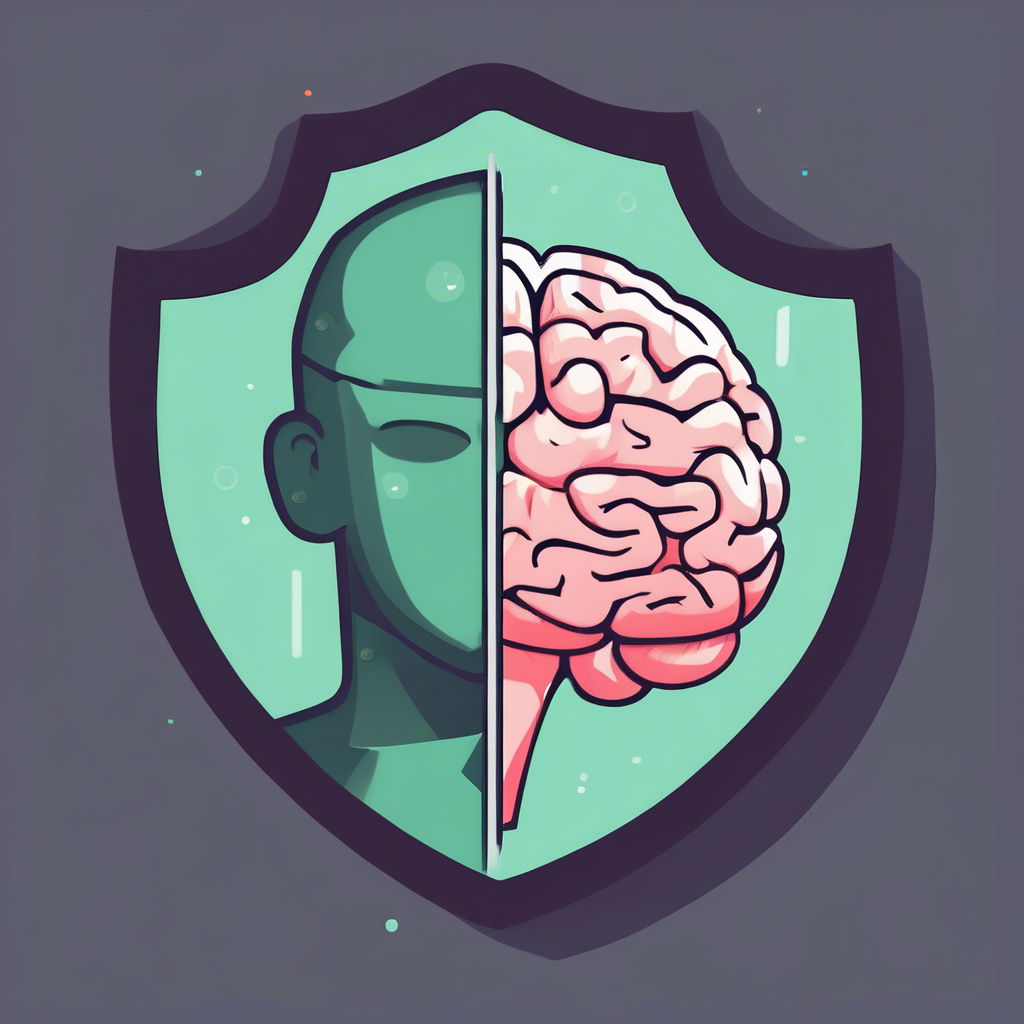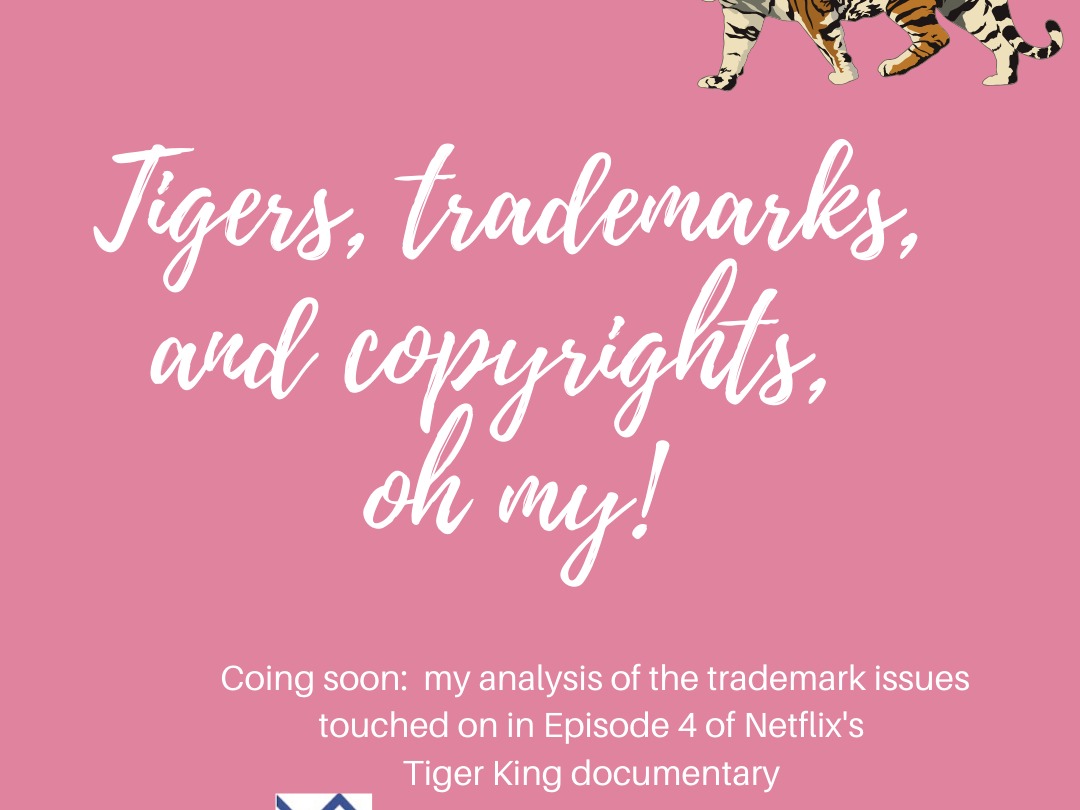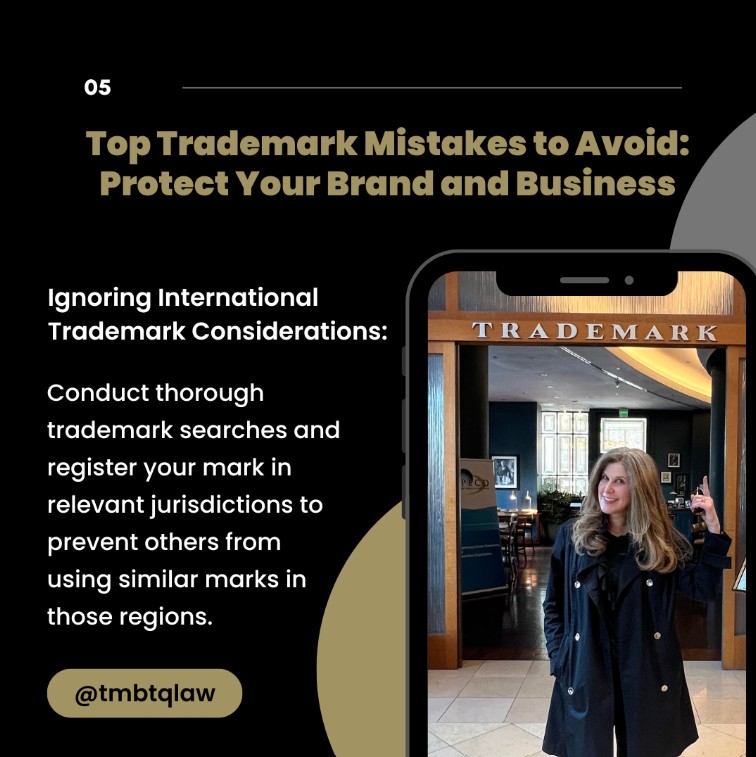
NDAs safeguard your concepts, collaborations, and innovations.
In the fast-moving world of innovation, whether you’re a small business owner pitching to investors, a creator sharing your next big concept, or a software developer collaborating with a new partner, your ideas are your currency. But how do you make sure they aren’t stolen, copied, or misused?
Enter the NDA—the Non-Disclosure Agreement. It’s not just legal jargon; it’s your first line of defense when sharing sensitive information. In this guide, we’ll break down what an NDA is, why you need one, and what every innovator should know before handing over their next big idea.
🔐 What Is an NDA?
A Non-Disclosure Agreement is a legally binding contract that ensures anyone you share confidential information with won’t use it or disclose it without your permission. NDAs can be:
- Unilateral – One party is bound to keep information confidential (common when you’re sharing your idea with someone else).
- Mutual – Both parties agree not to share each other’s confidential information (typical in partnerships or collaborations).
🧠 Why You Need an NDA (Even If You “Trust” Them)
You might think, “I know them, they’d never steal my idea.” But here’s the truth: trust is not a legal strategy.
Without an NDA:
- You may have no recourse if someone runs off with your idea.
- Investors and collaborators might assume your information is fair game.
- You risk weakening your legal protections if you ever need to enforce your rights.
👩💼 For Small Business Owners
- Use NDAs in early meetings with investors, vendors, and consultants.
- Don’t give away your business model, financials, or prototypes without one.
- Customize NDAs depending on who you’re dealing with. You may need stronger protections with competitors or big clients.
🎨 For Creators (Designers, Writers, Musicians, Content Creators)
- Your concepts, scripts, lyrics, illustrations, and brand names can all be confidential.
- Collaborating with another creative? Use a mutual NDA before discussing ideas.
- Pitching a TV show, campaign, or ad concept? Get an NDA signed first.
💻 For Software Developers & Tech Founders
- Always use NDAs when discussing proprietary code, algorithms, or app ideas.
- If outsourcing development, include NDA clauses in your contractor agreements.
- Make sure your NDA protects both code and business logic—these are gold.
⚠️ NDA Pitfalls to Avoid
- Using a generic template from the internet without tailoring it to your needs.
- Failing to get the NDA signed before disclosure. (Timing is everything!)
- Not consulting an attorney for high-stakes deals or IP-heavy conversations.
- Not pairing the NDA with other protections like copyright, trademarks, or patents.
🛡 Other Ways to Protect Your Ideas
- Copyright protects original works like writing, music, code, and art.
- Trademarks protect brand names, logos, and taglines.
- Patents protect inventions, processes, and tech innovations.
- Contracts can include confidentiality clauses outside of a formal NDA.
- Documentation—keep records of your work, dates, drafts, and communications.
✅ Final Thoughts: Ideas Are Only as Safe as You Make Them
An NDA isn’t a silver bullet, but it signals that you take your rights seriously, and that anyone dealing with you should too. Think of it as a seatbelt: you hope you never need it, but you’d be foolish to drive without one.
So before you pitch, share, or post your next breakthrough, make sure it’s protected.
Need a solid NDA drafted or reviewed? We can help. Use this link to schedule a complimentary consultation with us.



